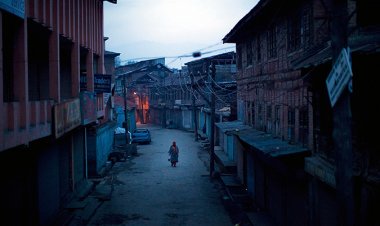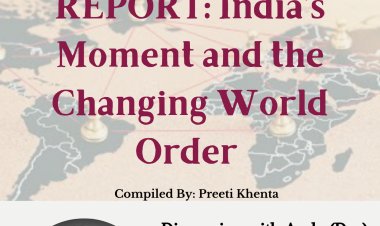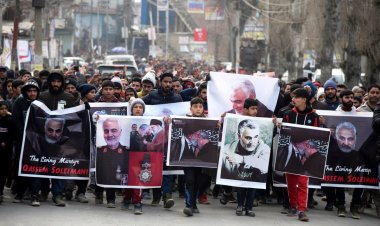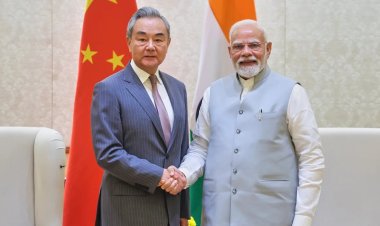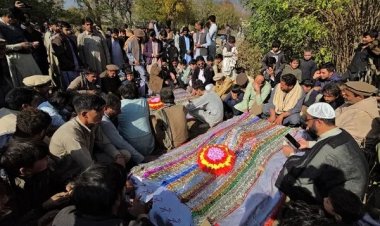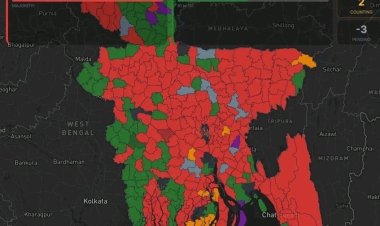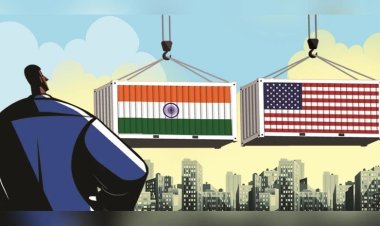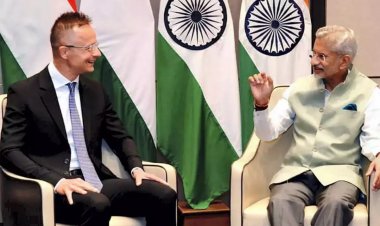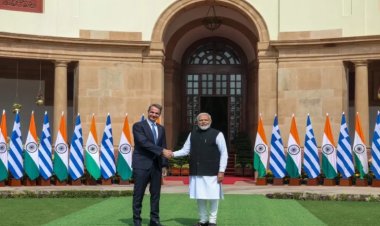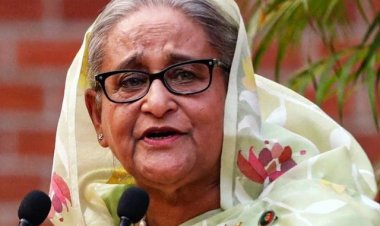Is Journalist Arnab Goswami’s Case a Dent in India's Democratic Values?
Journalists increasingly face retribution from the powerful state in India.
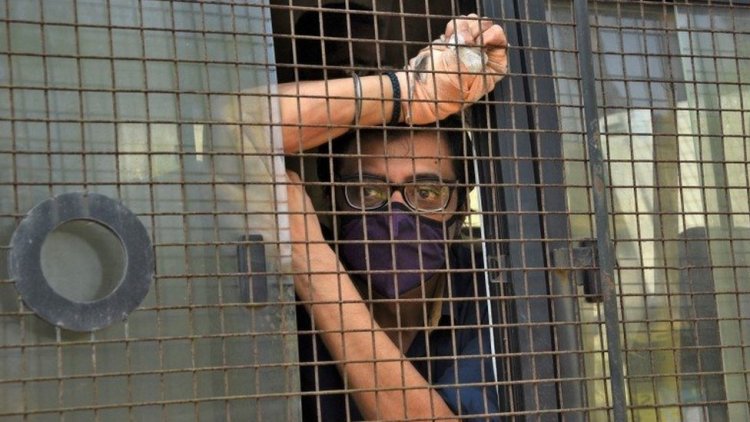
Blog
By Majid Hyderi
I agree to disagree with prominent Indian journalist Arnab Goswami, well known for his popular appeal and staunch nationalist views. And, in fact, my difference of opinion with him is so loud that we often shout over each other during debates on his Republic TV.
But then, the difference of opinion shouldn’t mean dislike for the person, at least if one believes in the right to freedom of expression.
Arnab’s freedom of expression, however, seems to have cost him his freedom of sorts.
Though the Supreme Court of India ordered his release, the story of going to jail remains.
On November 4 morning, he was arrested by the Maharashtra Police from the port city of Mumbai in connection with a 2018 case in which he was alleged to have abetted the suicide of an architect and his mother.
Celebrated Mumbai Police inspector Sachin Waze, who Republic TV said, led the team to Goswami’s house, told the channel that he had been arrested for abetment and aiding suicide.
For the Maharashtra government -Sachin Waze –who is globally-known for unmistakable integrity and honesty in policing -must have been the best bet for this high profile case -to be on the safer side.
But then, there’s more to the entire episode than meets the eye.
Arnab was arrested a few weeks after the Marahashtra government booked the Republic TV in connection with the fake TRP case. One of its reporters was detained in a separate case some time back.
And, a week after the early morning arrest of Arnab, Republic Media Network’s Assistant Vice President Ghanshyam Singh was arrested from the same financial capital in the TRP case. Some other staffers of the Republic are being summoned for questioning in various cases by the police.
Though nobody is above law, the circumstantial evidences are enough to suggest that action the against the Republic TV and its Editor-in-Chief is much beyond routine policing.
For a man a loud as Arnab, his being vocal against the Maharashtra government in particular, was quite an open secret. But then, if the governments keep gagging the voices of dissent, the idea of democracy in India will be reduced to monologue.
Arnab being a loud-vocal is supposed to be his style of journalism. Well, he has often pleaded it in public forums that he has been a loud debater since schooldays and that being loud is not being rude. His right -Can’t it be so?
And then, in a healthy democracy, journalism cannot be pigeon-holed to policy of sweet utterances of no criticism and no dissent!
On March 16, 2017, the Chairman of Press Council of India Justice (retd.) C K Prasad said that media should not have a “cordial relationship” with the government.
“You people are crusaders of trust….you are bound to come into conflict with the government and the authorities. I am of the opinion that if there is no conflict between journalists and government, that day perhaps will be the saddest day for the democracy,” Justice Prasad said. “I request the media fraternity to be in conflict. I oppose the idea of a cordial relationship between media, authorities and government. So as long as `Ram Rajya’ is not established, there has to be conflict,” Justice Prasad had said.
Interestingly, action against Arnab has taken place in the same Maharashtra where two years ago some prominent rights activists were arrested on charges of “urban naxalism” by then then government.
Historian Romila Thapar along with four others had filed a petition in the Supreme Court against the arbitrary arrests of the activists. Supreme Court had placed the five arrested under house arrest till September 6. “Dissent is the safety valve of democracy if you don’t allow safety valve pressure cooker will burst,” said Justice DY Chandrachud.
Call it fate or coincidence, on November 11, same Justice Chandrachud granted bail to Arnab as well.
If journalists are pushed to unwanted legal trauma, the fourth pillar of democracy will remain quarantined.
Amid endless debates and legal cases, the media continues to bear the brunt.
In 2018, three journalists were murdered for their work -Navin Nischal of Dainik Bhaskar, Sandeep Sharma of News World, and Shujaat Bukhari of Rising Kashmir.
In 2019, a study by the Thakur Family Foundation said attacks on journalists in India recorded nearly 200 such “serious instances” and 40 killings since 2014. Of these 40 deaths, 21 were directly linked to their professional work, the study showed. Only three convictions have taken place in journalists’ murder cases since 2010, it said.
The situation in Uttar Pradesh looks even worse. Here at least two journalists were killed within a month in the summer of 2020 alone.
As about trouble-torn Jammu and Kashmir, journalists often complain of being summoned to police stations, while one of them, Asif Sultan is behind the bars for over two years now.
Is India becoming intolerant to journalism, where criticism and questioning are supposed to play the key role in strengthening the democracy?
Interestingly in Arnab’s case till the apex court granted him the bail, even the Union government couldn’t do much for him, barring some tweets to express concern over his arrest.
India, the homeland of Nobel laureate Gurudev Rabindra Nath Tagore needs to introspect over the freedom of expression.
After all Gurudev’s words continue to inspire the nation: Where the mind is without fear. and the head is held high!
Majid is a journalist, strategist, political analyst and TV debater based in Jammu and Kashmir.
Disclaimer: This paper is author’s individual scholastic contribution and does not necessarily reflect the organisation’s view

